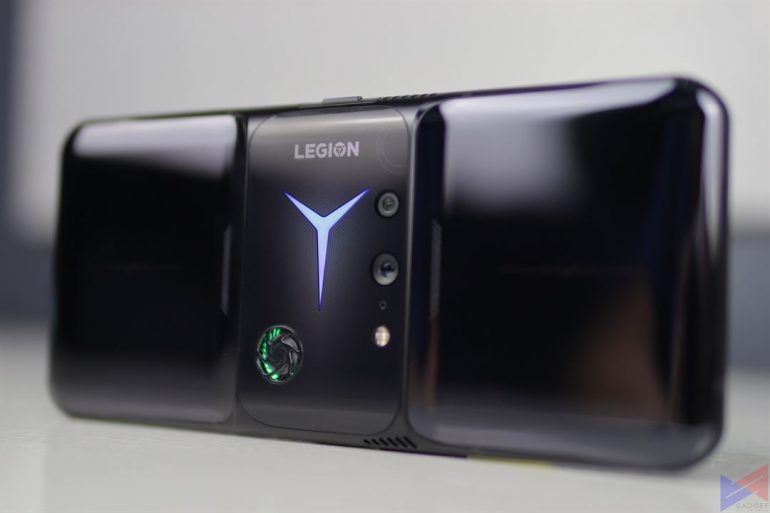Introduction
The launch of the Lenovo Legion Phone Duel 2 was a statement from the brand. It’s an all-out effort to create a device that is so focused in gaming, that it looks like it’s a sin to use it for something else.
On paper, the numbers are skyrocketing. Snapdragon 888, up to 16GB of RAM, up to 512GB of storage, a dedicated cooling system to sustain optimal performance, super fast charging, and a large screen with up to a 144Hz refresh rate. Basically, all you need to experience mobile gaming at its best quality.
Specifications
| Display | 6.92-inch FHD+ AMOLED, 144Hz, HDR10+, 720Hz Touch Sampling Rate |
| Processor | Snapdragon 888 |
| RAM | Up to 16GB LPDDR5 |
| Storage | Up to 512GB UFS 3.1 |
| Rear Cameras | 64MP Main |
| 16MP Ultra-Wide | |
| Front Camera | 44MP |
| OS | Android 11 |
| Battery | 5,500mAh, 90W Fast-Charging |
| SRP | PhP39,995 (12GB+256GB), PhP49,995 (16GB+512GB) |
Design and Build Quality
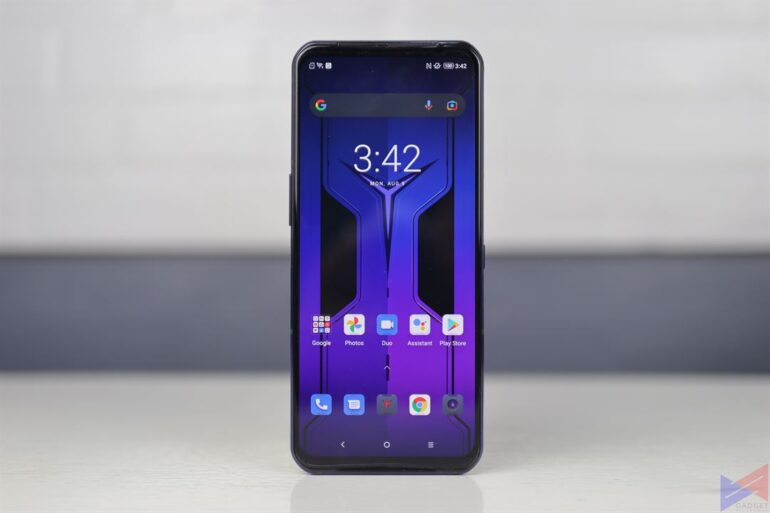
One of the most interesting things about this phone is the design. When held in your hand, you can tell that the Lenovo Legion Phone Duel 2 is designed for use in a landscape, like a full-pledged handheld console. It’s got a large footprint, so using it as a phone one-handed can be a bit cumbersome.
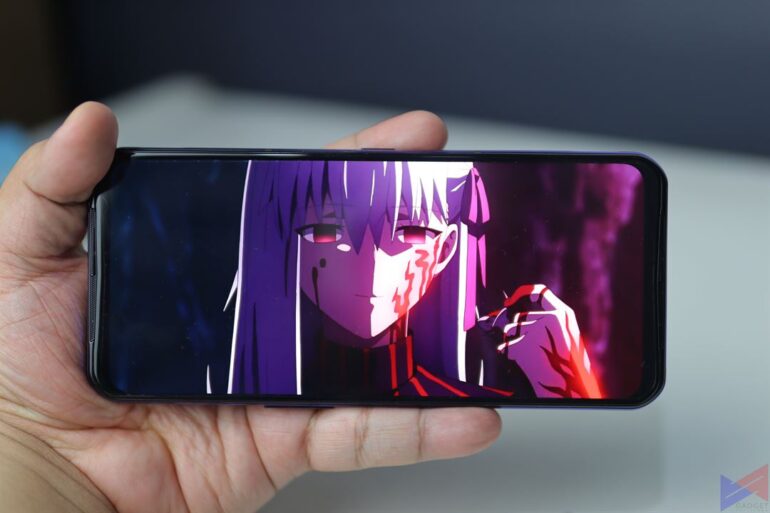
That being said, you’ll really get to appreciate just how large and beautiful the screen is. You get a 6.92-inch AMOLED display with FHD+ resolution, HDR10+ certification, 720Hz touch sampling rate, and a whopping 144Hz refresh rate. Basically all you need to be immersed in just about any game you’ll throw at it.
It’s not just good for gaming, but the large and lively display also makes video content look better.
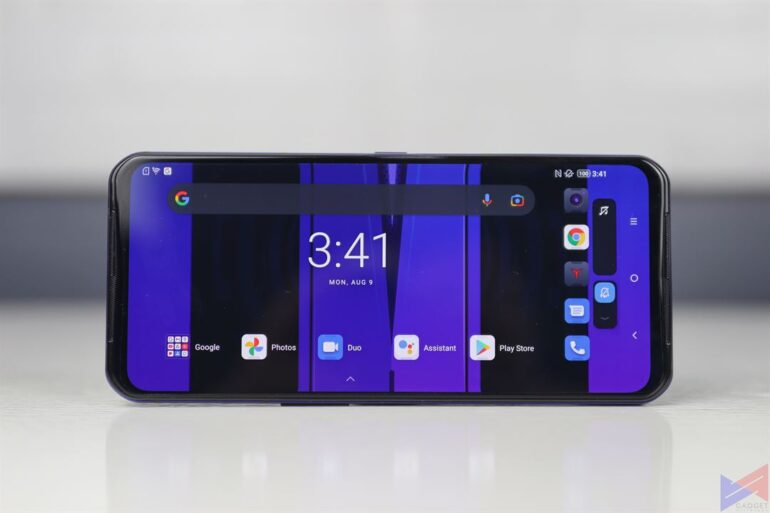
The screen is surrounded by a bit of bezel, just so you don’t accidentally tap the screen when using the phone in landscape. There are also dual front-facing stereo speakers, and eight triggers that you can remap depending on the game.
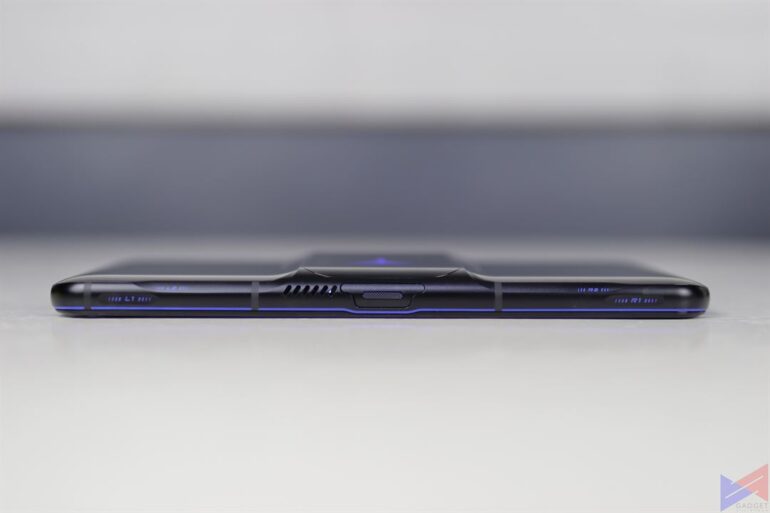
Another unique thing about this phone is that it’s got two charging ports, one at the bottom, and another on the side, which means you can fully grip the phone in landscape without the distraction of the cable.
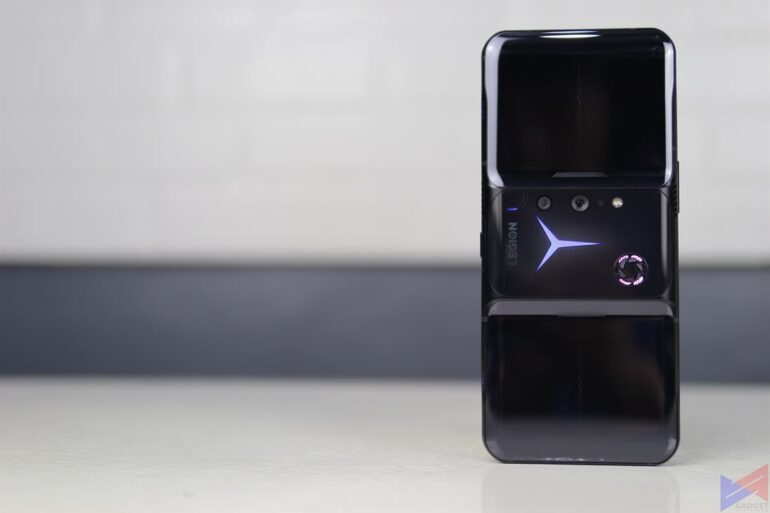
At the back, there’s a dual camera module, and the phone’s twin-turbo fan cooling system backed with RGB lighting, located in the middle, where the CPU is. This reduces the concentration of heat on the sides, where your other fingers will land when using it in landscape.
Performance
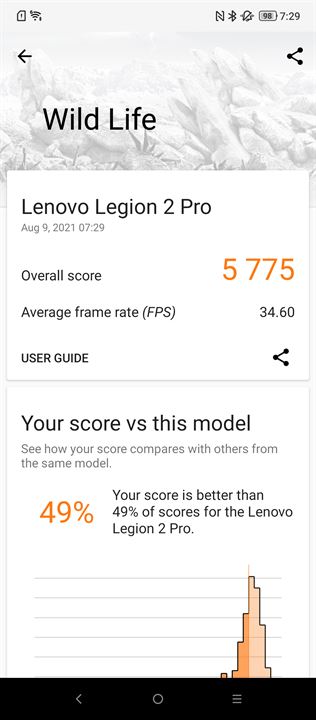
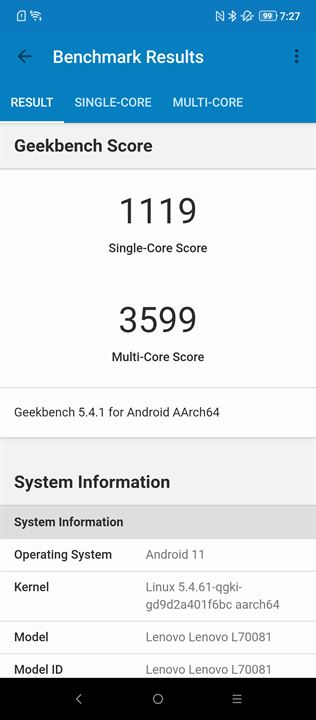
Lenovo Legion Phone Duel 2 is armed with a Snapdragon 888 at the helm, backed by up to 16GB of LPDDR5 RAM, It’s no longer the top-end SoC, as phones with the Snapdragon 888+ are starting to come out, but it is still a powerful chip that should handle just about any game you’ll throw at it.
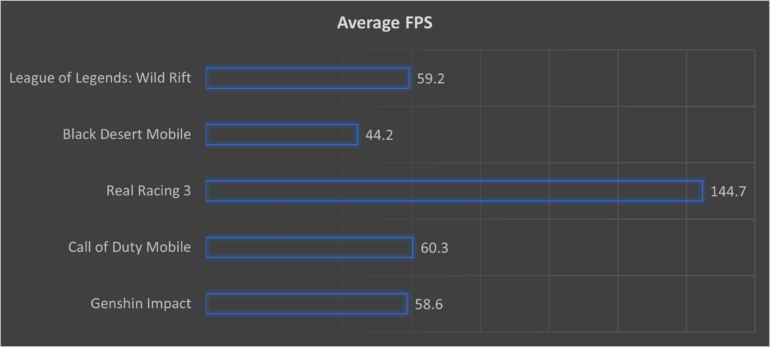
The phone flexes its muscles in the suite of games we tested it with, showcasing great fps values even at maxed out settings.
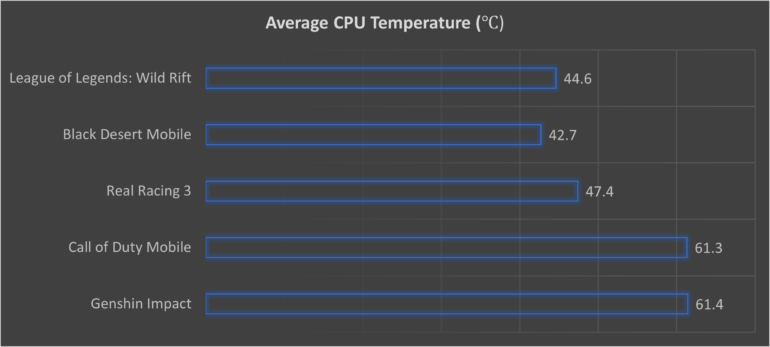
The Snapdragon 888 is known for being a chip that can get really hot, and it kind of shows here as well.
Camera








The device has a 64MP main camera along with a 16MP ultra-wide unit. Surprisingly, Lenovo still paid attention to the phone’s optics, with photos showcasing good amounts of detail.
The 44MP front snapper is side-mounted, most likely because they figured you’d probably be using the phone to stream. But as far as quality is concerned, it’s actually just as good as what you’ll get from the back.
Of course, the motorized camera is also used for face unlock, which is well, fast enough, but still not as fast compare to when you’re using the fingerprint scanner.
Software
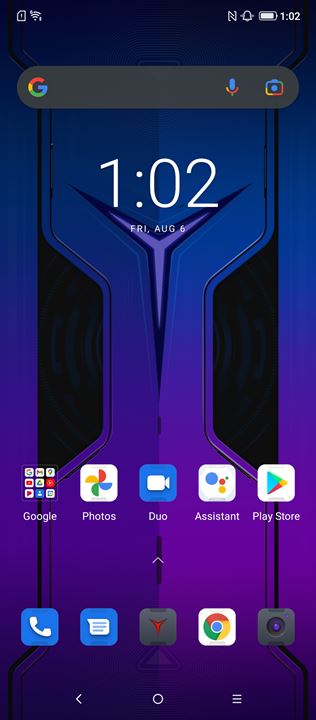
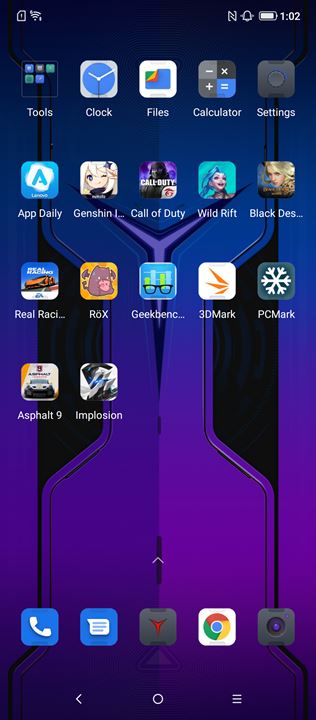
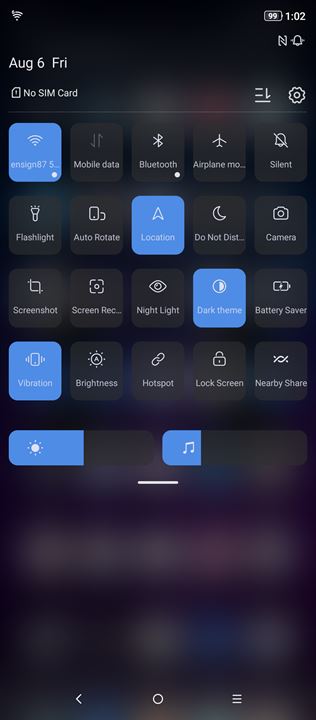
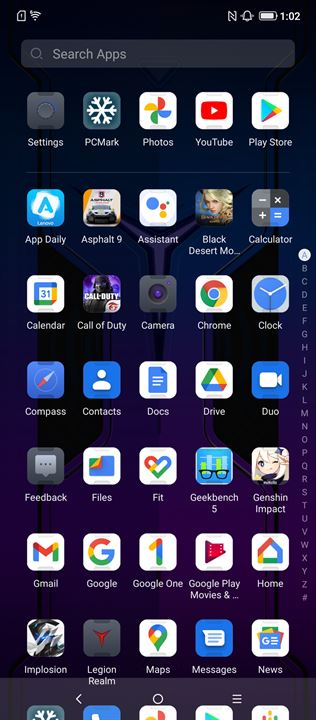
You can also tell that Lenovo invested heavily into optimizing the software not just for gaming purposes, but also for everyday use. There are features that can be improved, though.
For one, you can adjust the refresh rate from 60Hz to the Full 144Hz. There is an option to smartly increase the refresh rate for games, but there is no option for adaptive refresh rate, which means you’ll have to manually set it depending on what you are doing.
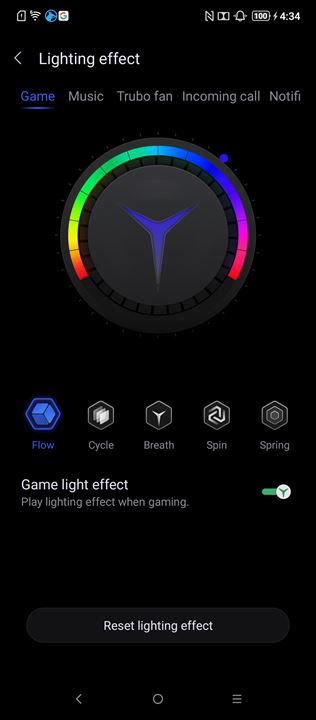
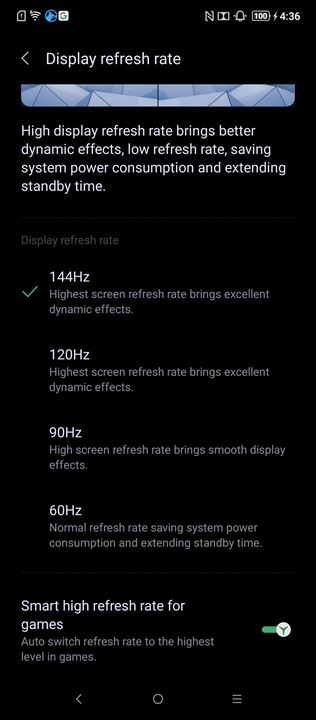
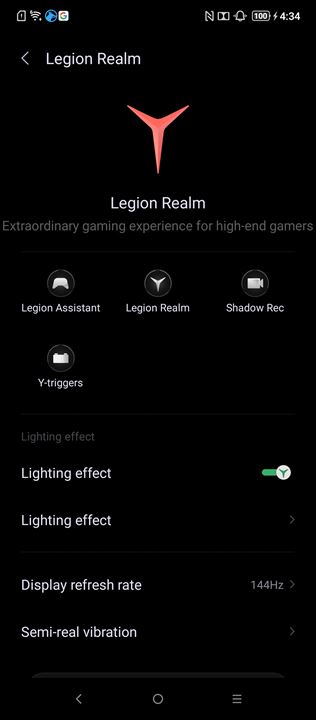

Legion Realm lets you configure the Legion Assistant, the Y-Triggers, the vibration, and the lighting effects. Speaking of which, you’ll be able to choose from a variety of lighting effects, disable or enable the light on the turbo fan, or configure the lighting effect on various scenarios such as when you get a call, or when charging.
Under the Legion Assistant, you can set performance options, disable adaptive brightness, and even enable a pop-up window for Line and WhatsApp so you can quickly chat. You can also enable haptics feedback for supported games like Real Racing 3, PUBG Mobile, and Asphalt 9.
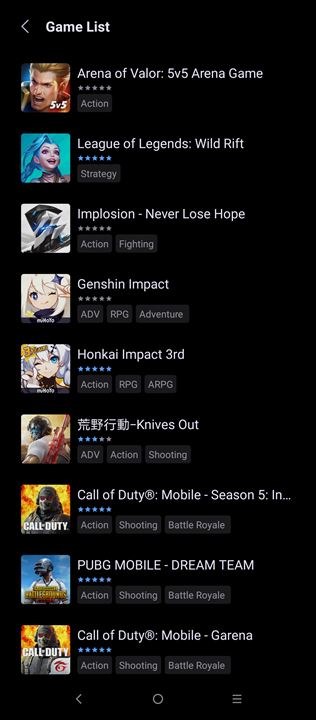
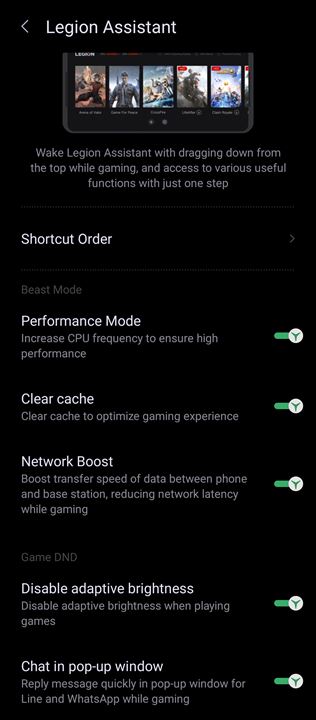
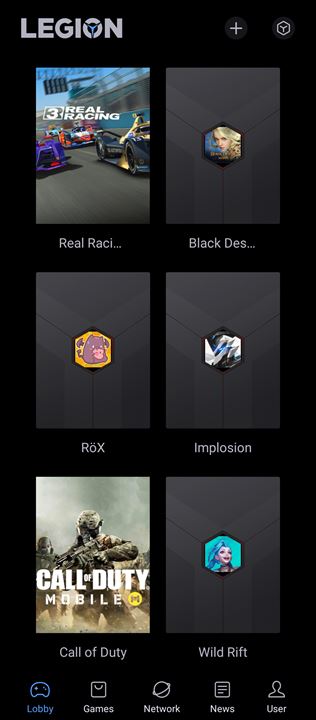
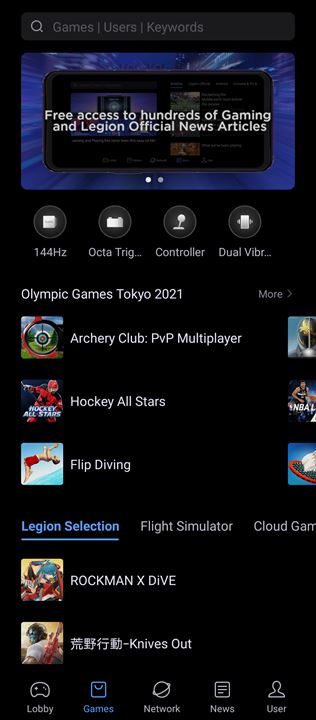
You can also open Legion Realm from the Home Screen, which will bring you to a lobby that shows all of the games installed on your phone. You’ll also be able to see a list of supported games for specific features.
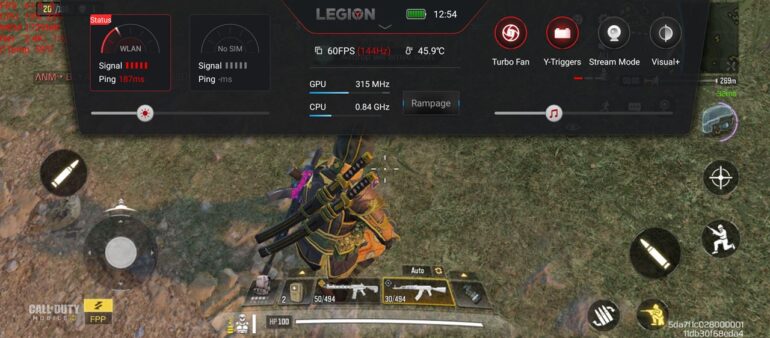
When in-game, you’ll be able to pull up the Legion Assistant to see your current FPS, CPU and GPU clocks, network status, as well as enable or disable your Y-Triggers, active Stream Mode, or apply a bunch of filters to your games with Visual+.
Configuring the triggers is pretty easy. Just drag the trigger icon to the exact button that you want to map it to. The only issue I have with this feature is that there’s no option for a hold action – only single tap, multi-tap, or swipe.
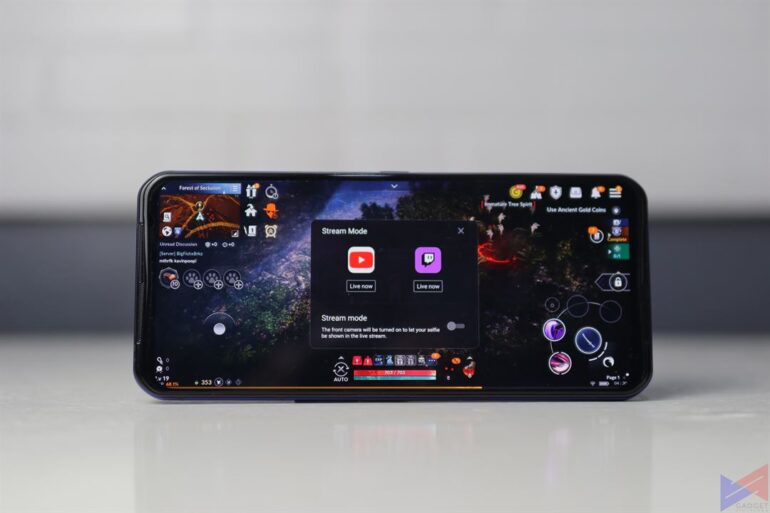
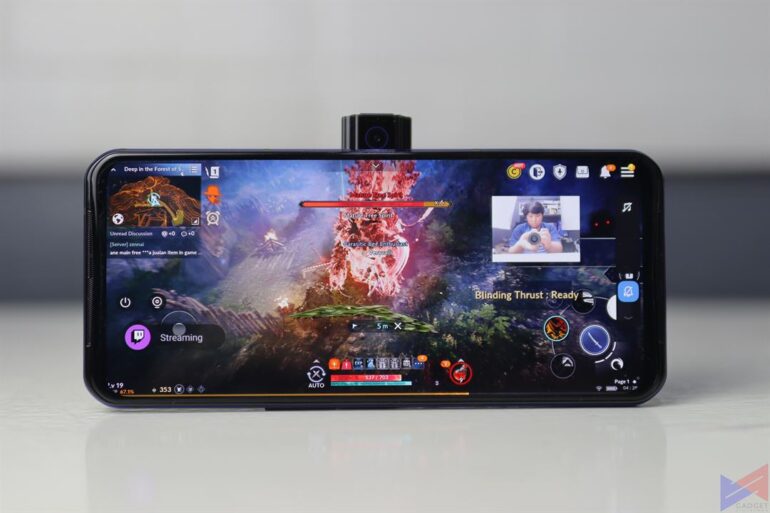
Streamer Mode basically brings up the front camera, and lets you logon to your YouTube or Twitch account to directly stream. Unfortunately, it doesn’t seem to support Facebook at the moment, which could’ve been a huge plus.
Battery
We ran PCMark’s Work 3.0 battery test on all refresh rate settings. Obviously, having the phone at 144Hz all the time took a toll on battery life, while giving you more hours at 90Hz or 60Hz.
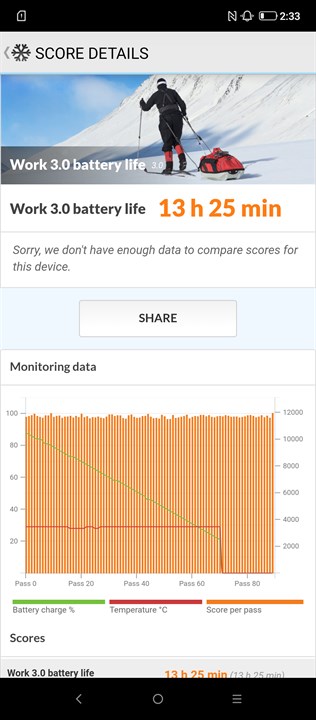
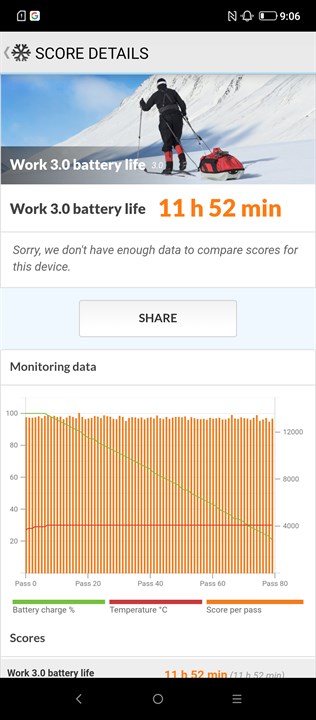
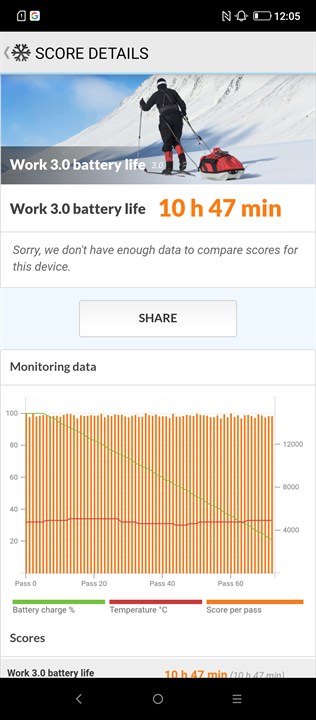
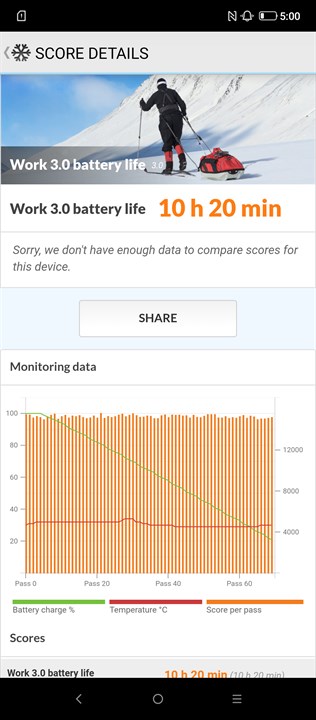
Using the supplied charger with both of its USB-C ports, the Legion Phone Duel 2 managed to go from zero to full charge in around an hour, which is impressive. The only issue I had was that there was one instance when the device felt too hot when charging, that I almost pulled the plug.
Verdict
If you are a hardcore gamer who wants the very best, the Lenovo Legion Phone Duel 2 should be on your list. The large screen delivers and immersive experience with smooth and fluid visuals, the performance is on-point, the software offers a lot of nifty features, and the device boasts great battery life.
It’s not perfect of course. The gaming-centric design makes using it in portrait mode a bit… awkward at times, some features like Streamer Mode are a bit raw in terms of what you could do, and should support more platforms, the motorized camera is a bit too slow for face unlock, and then, there’s the phone, heating up too much at times.
For those who aren’t into competitive gaming, I think that this phone is just a bit too much, as it sacrifices the balance that an equally specced non-gaming focused flagship delivers. It’s not bad, it’s just not for everybody.
Emman has been writing technical and feature articles since 2010. Prior to this, he became one of the instructors at Asia Pacific College in 2008, and eventually landed a job as Business Analyst and Technical Writer at Integrated Open Source Solutions for almost 3 years.

